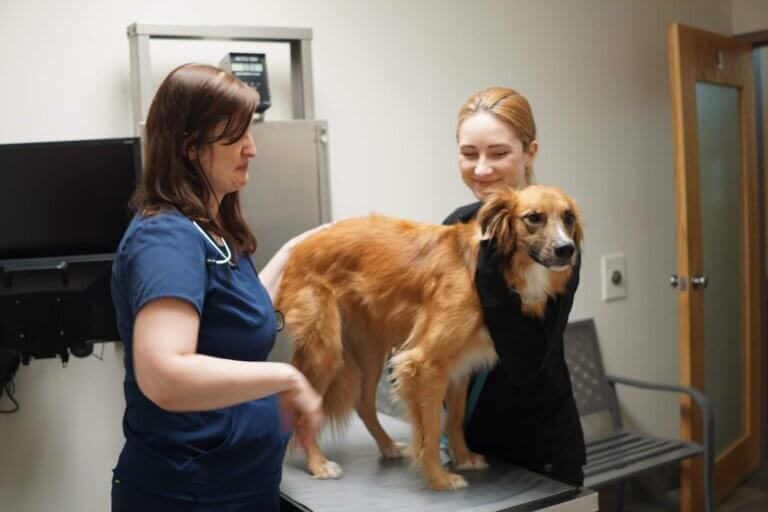If you’re a pet owner, you know that your pet’s needs evolve with each passing year. November is Senior Pet Month. That’s why we’re here to discuss the unique changes and challenges pets face as they reach their senior status. From health to behavioral changes, we’re here to be your senior pet guides.
What Age is Considered Senior for Cats and Dogs
You may not have known that there are specific ages that classify a pet as a senior, and if you did know, you may not have known that these ages vary depending on the species and breed of your pet. For cats, a senior is considered any cat between or over the age of eight to ten. For dogs, it’s slightly different. Small dog breeds reach their senior years around the age of eight, whereas large dog breeds are considered seniors around the age of six.
Senior Pet Health Conditions
Senior pets face unique health concerns. Age is not an immediate indication that a pet’s health is declining. However, it does mean that your pet is at a higher risk for certain age-related illnesses and chronic diseases. Frequently seen health conditions in senior pets include:
- Arthritis
- Dental disease
- Heart disease
- Cancer
- Kidney disease
- Liver disease
- Canine cognitive dysfunction
- Neurological conditions
Senior Pet Veterinary Care
Veterinary care is essential, no matter your pet’s age. However, it becomes even more crucial the older your pet gets. It’s recommended to see your pet’s trusted veterinarian at least twice annually. This allows your veterinarian to monitor your pet’s health and behavioral changes and provide you with the tools to keep them happy, healthy, and comfortable.
Senior Pet Behavioral Changes
Many pet owners mistake symptoms of health concerns for age-related behavioral changes. While behavioral changes, including lethargy, reduced or increased appetite, and moodiness can be solely a result of changing needs, these signs are often a sign that your pet may be dealing with a health problem. As such, it’s important to monitor and assess your pet regularly and schedule veterinary visits in advance.
Get ahead of your senior pet’s evolving needs by contacting your local veterinarian today.
